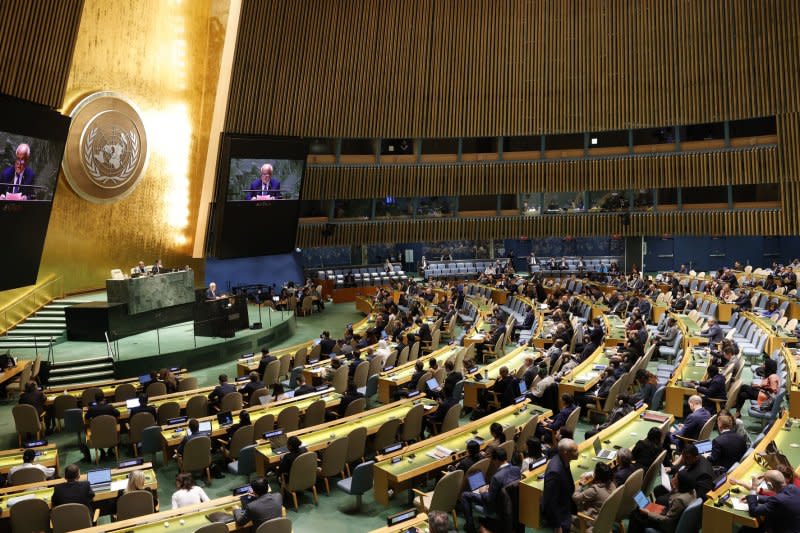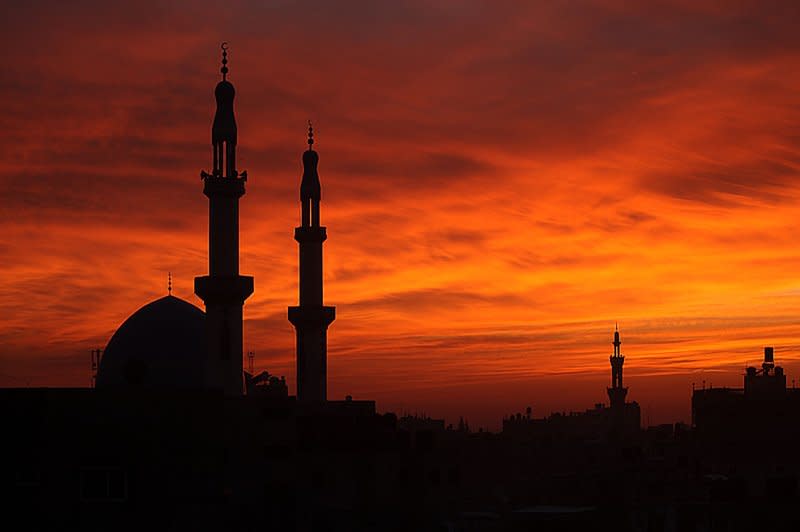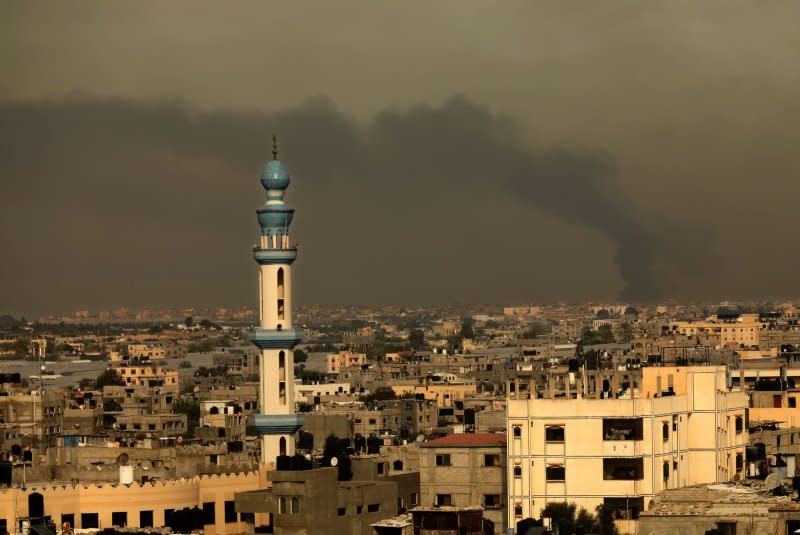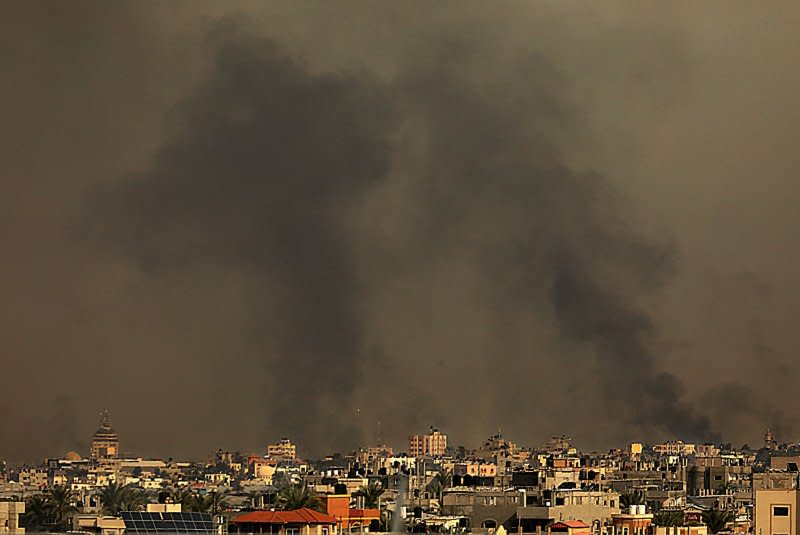U.N. General Assembly overwhelmingly demands immediate Gaza cease-fire

Dec. 12 (UPI) -- The United Nations General Assembly voted overwhelmingly Tuesday to demand an immediate humanitarian cease-fire in Gaza, four days after the Security Council threw out a similar plan when the United States vetoed it.
The 20 Arab states and the Organization for Islamic Cooperation, which drafted the resolution, won the support of a large majority of the 193-country body, with 153 nations voting for the resolution during the General Assembly's emergency special session Tuesday. There were 10 voting against the resolution and 23 countries abstaining.
"UN General Assembly adopts resolution on the Middle East demanding a humanitarian cease-fire, the protection of civilians, the immediate, unconditional release of all hostages and humanitarian access," the United Nations wrote in a post on X, formerly Twitter, after the vote Tuesday.
In favour: 153
Against: 10
Abstentions: 23
UN General Assembly adopts resolution on the Middle East demanding a humanitarian ceasefire, the protection of civilians, the immediate, unconditional release of all hostages and humanitarian access. pic.twitter.com/0szWbQQJVb— United Nations (@UN) December 12, 2023
While Tuesday's vote has been called "historic," it is also non-binding.

"During today's emergency meeting in the U.N. General Assembly on the Israel-Hamas war, I made clear to all the ambassadors before the vote: if you want a real cease-fire, call the Hamas offices in Gaza and ask for Yahya Sinwar," Israeli Ambassador to the U.N. Gilad Erdan wrote Tuesday in a post on X. Sinwar is the Gaza Strip leader of Hamas.
"Tell him that when Hamas lays down its weapons, turns itself in and returns all the hostages, then there will be a real cease-fire that will last forever," Erdan added.

During today's emergency meeting in the @UN General Assembly on the Israel-Hamas war, I made clear to all the ambassadors before the vote: if you want a real ceasefire, call the Hamas offices in Gaza and ask for Yahya Sinwar. Tell him that when Hamas lays down its weapons, turns... pic.twitter.com/xDP797QMMM— Ambassador Gilad Erdan גלעד ארדן (@giladerdan1) December 12, 2023

Earlier Tuesday, U.N. General Assembly President Dennis Francis confirmed the unscheduled meeting of the so-called 10th emergency special session at U.N. headquarters in New York at the request of Egypt, which chairs the Arab Group, and Mauritania, which chairs the Islamic Cooperation Organization.
Meanwhile, the United States said it was pushing Israel to do more to protect civilians from its military offensive in Gaza, where the Palestinian Ministry of Health said 17,900 people have been killed and at least 48,000 injured.
In a phone call Monday, U.S. Secretary of State Antony Blinken told Israeli War Cabinet member Minister Benny Gantz that his country "must take all measures to avoid civilian harm" and further increased levels of humanitarian assistance, according to a State Department spokesman.
They also discussed the safe return of all remaining hostages and preventing the conflict from expanding, with Blinken stressing the "urgent need for affirmative steps to de-escalate tensions in the West Bank."
The last emergency special session in October passed a resolution calling for an immediate, durable sustained humanitarian truce in the fighting between Israel and Hamas, along with the unhindered provision of lifesaving aid to civilians that went nowhere.
The passage of the non-binding Jordanian-sponsored resolution by 120 votes to 14, with 45 abstentions, sparked a furious backlash from Jerusalem, primarily because a Canadian-proposed amendment to include explicit condemnation of Hamas and the taking of hostages was rejected.
Erdan called it a dark day, which he said would go down in infamy for a body that had left not "even one ounce of legitimacy or relevance."
Tasked with trying to settle the Israel-Palestine question, the 10th emergency special session has met 45 times since it was established in 1997.
No resolution on the conflict has been able to be agreed upon by the 15-country Security Council despite six attempts since the Israel-Hamas war erupted Oct. 7, due to vetoes exercised by one or more of the five permanent members.

 Yahoo Finance
Yahoo Finance 